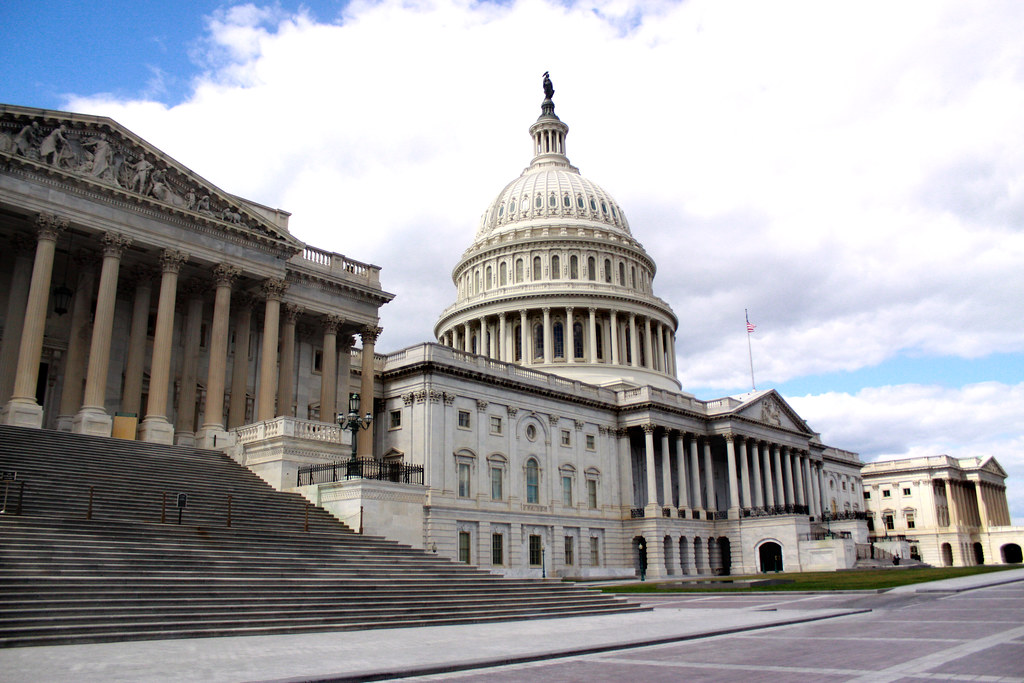Key Takeaways
• The U.S. is moving toward state-directed capitalism with new equity stakes
• Intel and MP Materials show how Washington buys shares in key firms
• The CHIPS Act shifted from grants to direct ownership models
• This model blends free markets with government control
• Future moves could target energy, biotech, and artificial intelligence
State-Directed Capitalism Comes Into Focus
The U.S. has long championed free-market capitalism. However, recent moves suggest a shift toward state-directed capitalism. In this model, the government picks winners and gains a share of profits. Indeed, the Trump administration’s choice to take 10 percent of Intel marks a turning point. Moreover, the Department of Defense now holds stock in MP Materials. As a result, these moves could reshape how American capitalism works.
What Is State-Directed Capitalism?
State-directed capitalism means private businesses still drive production. Yet the government steps in to fund or own parts of key companies. By contrast, free-market capitalism keeps the government at arm’s length. Meanwhile, oligarchic capitalism hands power to a tiny elite. Under state-directed capitalism, public funds flow to specific sectors. In return, the state often asks for equity or revenue shares. For example, the U.S. now demands 15 percent of certain future chip sales in exchange for export clearances. Therefore, the lines between public and private blur.
Recent Shifts Toward State-Directed Capitalism
First, Congress passed the CHIPS and Science Act to boost U.S. chipmaking. Initially, it offered grants, tax credits, and research funds. Yet lately, officials converted some grants into equity stakes. As a result, Intel now counts the U.S. government as a 10 percent owner. Next, the Defense Department agreed to buy $400 million in preferred stock from MP Materials. That mine is the only U.S. source of rare-earth minerals with full production. Hence, this deal positions the government as the largest shareholder. Furthermore, large chipmakers must now share 15 percent of some revenues to gain export licenses. These moves show a clear trend toward state-directed capitalism.
Why State-Directed Capitalism Matters
First, state-directed capitalism can spark rapid growth in vital industries. When governments fund research or factories, companies expand faster. For example, China used similar tactics to lead in shipbuilding and AI. Second, blending market forces with public support can boost national security. Securing domestic chip output helps shield supply chains from global shocks. However, this model carries risks too. If the government picks the wrong firms, it may waste billions. Moreover, too much control can stifle innovation and lead to political favoritism. Finally, critics worry that state-directed capitalism could erode fair competition and free-market principles.
Potential Expansion of State-Directed Capitalism
Looking ahead, the U.S. might adopt this model in more fields. Energy could see green-tech loans tied to equity stakes. Biotech firms might get public funding in exchange for ownership shares. Likewise, artificial intelligence ventures could fall under state-directed rules to protect sensitive research. Each new move will test the balance between private ambition and public goals. If the government spreads its reach too far, free markets could weaken. On the other hand, smart interventions might strengthen critical industries and keep America competitive.
A New Era for American Capitalism
In short, the U.S. is not abandoning capitalism. Instead, it is recalibrating the system’s boundaries. Through state-directed capitalism, Washington acts as both regulator and shareholder. Consequently, the next few years will reveal whether this approach drives growth or burdens taxpayers. As state-directed capitalism takes hold, businesses and citizens must watch closely. The rules of the game are changing, and everyone has a stake in how American capitalism evolves.
Frequently Asked Questions
What is state-directed capitalism?
State-directed capitalism means the government invests in or owns parts of private companies. It still relies on profits and markets. However, public funds target key industries in exchange for equity or revenue shares.
How is the U.S. using this model now?
The U.S. used the CHIPS Act to fund semiconductor firms. Recently, it turned some grants into a 10 percent stake in Intel. The Defense Department also bought shares in MP Materials. Plus, export licenses now demand revenue sharing from chip companies.
Which industries could see more government stakes?
Energy firms in green technology, biotech startups, and AI developers may attract state funding tied to ownership. These fields matter for national security and economic growth.
Could state-directed capitalism hurt free markets?
Yes. Too much government control can limit competition and innovation. If officials pick the wrong winners, taxpayers could lose money. Yet smart policies might boost key sectors without stifling private enterprise.
